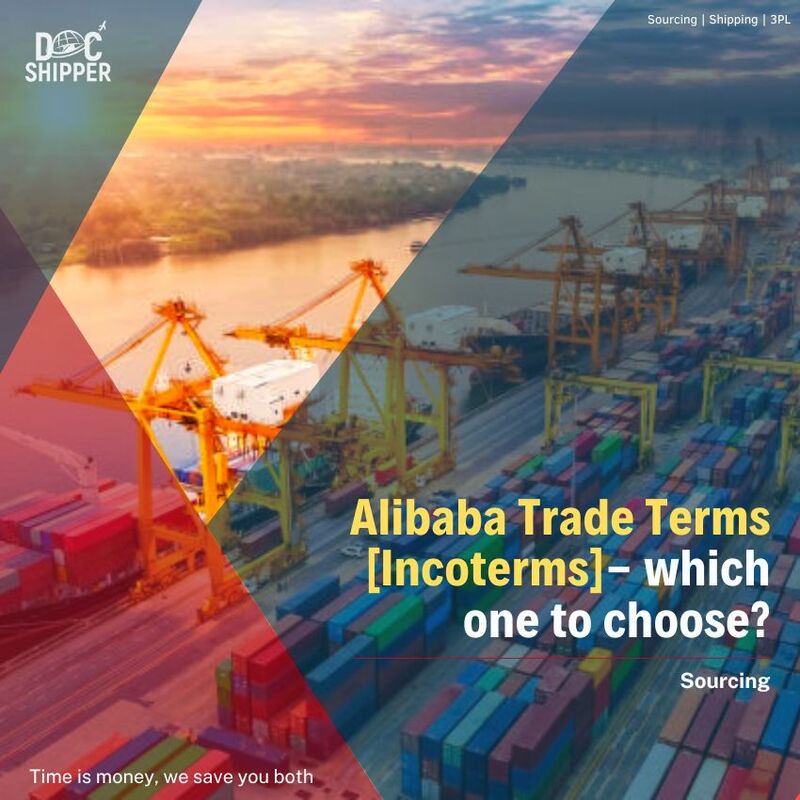Alibaba has become a worldwide force in today’s linked world, uniting buyers and sellers from all over the world in a dynamic economy. Therefore, understanding Incoterms is critical for successful transactions on this platform, whether you’re a seasoned international trader or a beginner in the world of cross-border commerce.
This article delves deeper into the complex realm of Incoterms inside the Alibaba ecosystem, looking at how these standardized trade phrases may make or destroy your international commercial ventures. Join us as we debunk Alibaba trade terms, delivering clarity and insights to help you prosper in the global economy straight from your Alibaba storefront.
What are incoterms and what do they refer to?
Incoterms (also known as trade terms), were developed by the International Chamber of Commerce (ICC) in 1936. They represent eleven rules and are meant to facilitate trading, as they refer to each role and responsibility of the buyer and seller in any transaction. These are important as they avoid any misunderstandings or conflicts and allow a clear and smooth exchange. Said differently, you can think of it as a special language that traders use to communicate efficiently and have a successful trade.
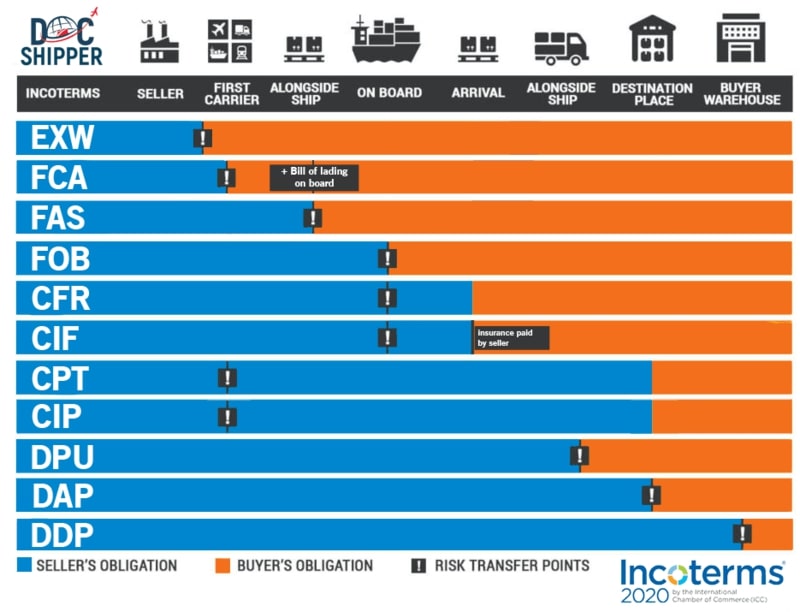
The eleven rules are divided into two parts, where seven of them apply to all modes of transport and four only apply to sea and inland waterways.
Trade terms categories
Incoterms are broken down into 4 categories, E, F, C, and D. Where:
- E type (departure): EXW, signifies low cost and seller accountability.
- F type (main carriage unpaid): FCA, FAS, FOB, where the seller just has to deliver the products to the buyer’s designated transport mode and the buyer is responsible for the remainder.
- C type (main carriage paid): CPT, CIP, CFR, CIF, Before the items are loaded onto the transport mode, the seller is responsible for the expenses and hazards up until that moment, and then the risks are transferred to the buyer.
- D type (arrival): DAP, DPU, DDP, all risks and obligations are on the seller.
As you move from E to D, the buyer’s risk and responsibilities decrease whereas the seller’s risks, responsibility, and control largely increase.
Now that we’ve understood what incoterms are used for and what roles they play, let’s present the 11 different ones:
Ex Works (EXW)
Ex Works (EXW) is known as the most seller-friendly Incoterm, the buyer is required to cover expenditures, arrange transportation, and arrange container loading, whilst the seller has less duty.
Free on Board (FOB)
All costs, hazards, and export-clearing fees are the seller’s responsibility.
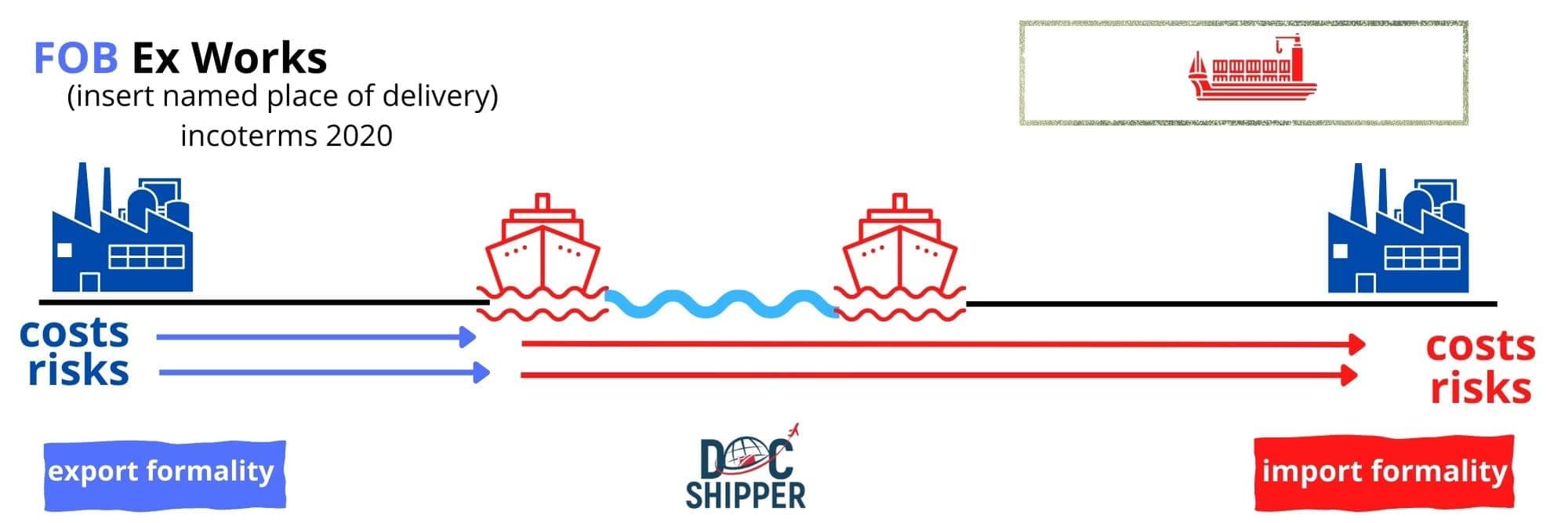
Cost and Freight (CFR)
The seller arranges for the transportation of the goods, obtains export clearance, and loads the vessel. After loading on board, all risks are assumed by the buyer.
Cost Insurance and Freight (CIF)
Cost Insurance and Freight is similar to the previous Incoterm (CFR), and places more responsibility on the seller because he is the one who pays for insurance.
Carriage Paid To (CPT)
The seller pays and delivers the goods to the carrier chosen by him, where all risks and costs are transferred to the buyer after the goods are delivered.
Carriage and Insurance Paid To (CIP)
In this situation, the distinction from CPT is that the seller is in charge of the items’ delivery, the expense of transportation, as well as their insurance.
Delivery at Place (DAP)
The seller must drop off the products and be prepared to unload the vehicle when it arrives. Import clearance and all necessary local taxes or import charges are the responsibility of the buyer.
Delivery Duty Paid (DDP)
Until the products are delivered to the buyer, the seller is responsible for all charges, risks, import clearance fees, insurance, and associated expenditures.
Free Carrier (FCA)
The seller must deliver the products to the buyer, frequently to a transport hub or carrier’s facility, and the buyer then assumes all liabilities and risks.
Free Alongside Ship (FAS)
The seller is responsible for moving the products to the ship’s edge, so they can be loaded. After that, the buyer is in charge of addressing all risks, and costs and loading the products.
Delivery at Place Unloaded (DPU)
The seller transports the items to the specified location and unloads them. The rest is therefore the buyer’s responsibility.
What do incoterms not Cover?
Although Incoterms are important, they come with limitations because they mainly focus on three things, the risk, the responsibility, and the delivery and transportation of goods. However, there are other crucial aspects that are not covered by Incoterms, like the type of contract, the precise charges, the nature of the product being sold, the ownership and the moment this changes, the taxes and laws of trading while crossing borders, the insurance that isn’t really explained in details in these, and lastly, if something goes wrong or if there’s a disagreement, you won’t find the solution through Intercoms. This is why Incoterms are very helpful and have lots of perks, but you cannot rely solely on them.
DocShipper Info
DocShipper fact: Incoterms were updated 8 times already and continue to evolve. They are available in every language, making them useful worldwide. Check out which Incoterm you should avoid at all costs when importing from Alibaba. DocShipper offers assistance by examining your situation and telling you which Incoterm is best for your cargo. Also, we will organize the freight process from start to finish, making importing and exporting more pleasant.
Need help? Fill out the form to contact us, so you will receive a call from one of our experts in less than 24 hours, or just WhatsApp us directly for no cost if you need quick information.
What are Incoterms on Alibaba?
Now that we’ve seen the different incoterms, let’s see what they represent on Alibaba.
As mentioned earlier, when sourcing from China, having incoterms in place ensures a smooth trade between the buyers and sellers, by avoiding misunderstandings and conflicts. On Alibaba, these have the same features, they are set in place so that both parties are informed of their responsibilities during a transaction on the e-commerce platform.
Although you can choose to use any incoterm between the eleven, some are usually used more often and are more important. These include ExWorks (EXW), Free On Board (FOB), Cost and Freight (CFR), Cost Insurance and Freight (CIF), Carriage Paid To (CPT), Carriage and Insurance Paid To (CIP), Delivered At Place (DAP) and Delivered Duty Paid (DDP).
What is the meaning of EXW in Alibaba?
Ex Works (EXW) is commonly used in Alibaba and international trade in general. When a product is listed as EXW on Alibaba, it means that the seller’s responsibility ends once the goods are made available for pickup. Before they are available for pickup, the seller takes care of the packaging, labeling, and getting the goods ready for pickup at a certain location. On the other hand, the buyer is in charge of all aspects of transportation (shipping arrangement, freight costs, paperwork for insurance or customs clearance, import and export duties, and taxes along with any additional charges that may apply). Once pick-up is done, the buyer claims all responsibilities and risks, which means he is responsible for any damages or losses that may occur during transportation.
What does DAP mean in Alibaba?
We’ve explained what the Incoterm EXW means on Alibaba, but what about DAP? Let’s move on to this one.
Delivered at Place (DAP) in Alibaba means that the seller takes care of delivering the goods to a designated location (agreed-upon), along with transportation costs and risks until arrival at the unloading place. From there, the buyer is in charge of the risks and costs of further transportation and handling of these goods.
What trade term should I use on Alibaba?
The choice of trade term you should use must be in compliance with what you’re looking to sell, and how much risk you’re willing to take. As Alibaba offers a wide range of items, you have a few options to pick from. Here are the different incoterms that are usually used and a situation where they would be the ideal choice for you:
- EXW (ExWorks): Use this for complete control, only if you’re willing to handle the shipping deal.
- FOB (Free On Board): Use this if you want to send the package through sea freight.
- CIF (Cost, Insurance, and Freight): mainly used for international shipments.
- DDP (Delivered Duty Paid): delivers the most complete service without disappointments, but can be costly for the seller.
- DDU (Delivery Duty Unpaid): when you are an experienced importer with a solid base understanding of local customs procedures and a streamlined supply chain for on-time delivery.
- CFR (Cost and Freight): This is also used for sea freight.
- CIP (Carriage and Insurance Paid To): Use this if you want the seller to be in charge of transportation and insurance.
DocShipper Alert
DocShipper Alert: If you have problems with scammers and bad deals when buying on Alibaba, our experts can help you pick a secure supplier through our sourcing service, which provides us with a network of all the verified suppliers to avoid these scams, picking a reliable supplier for you, and ensure you a successful worry-free transaction, contact us through this form or begin a conversation now with a WhatsApp call, absolutely free.
DocShipper tips about Alibaba incoterms
Use Ex Works (EXW) if you are an experienced buyer
As an experienced buyer, you have customs expertise, along with many aspects of trading that you have mastered over the years. By using this Incoterm, you gain full control over the transaction, which means that you can choose the shipping method, carrier, and preferred customs and insurance. With full control comes the power of negotiation, you have the upper hand on the process and price setting. Plus, this ensures lower costs, more efficiency, and better risk management.
Use Free on Board (FOB) if you are a new buyer
As a beginner, you are more likely to choose the safest option, this comes with simplicity, minimal to no risk, assistance, learning opportunities, gaining experience, being able to predict the cost or limiting them, and access to reliable transportation. This is why Free On Board will allow you to do so, securely, legally, and easily.
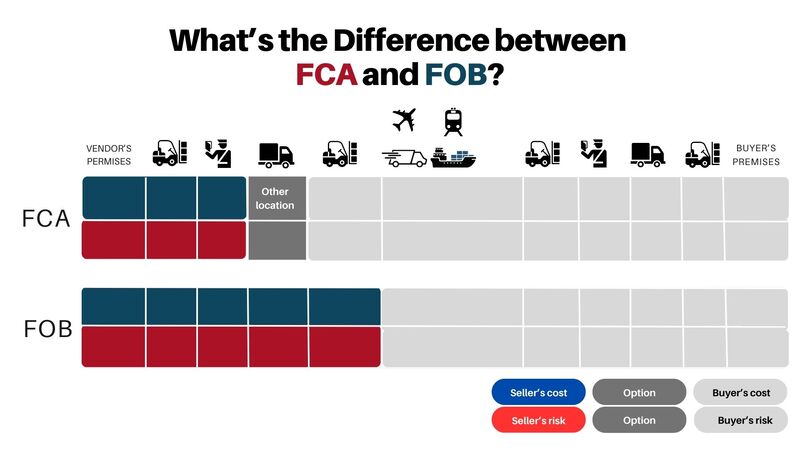
Avoid (CIF) because of its high risk and hidden costs
While CIF comes with multiple advantages such as simplicity, insurance coverage, and risk management, it can be tricky in some situations and cause hassles. Indeed, it is true that it can involve high risk and hidden costs, such as import duties and charges, along with transportation fees. As for the increased risks, this might occur when buyers do not invest enough time to pick a supplier or review the insurance terms, which can then lead to additional costs or delays and issues with delivery. Therefore, before choosing CIF, it is best to profoundly research and understand the possible risks that could occur.
Avoid Delivered Duty Paid (DDP) for ocean shipping
When dealing with ocean shipping, why is it best to ignore DDP?
- Complexity can be hard to maintain/manage because of multiple custom rules. (import, customs, tax)
- Customs risks that can lead to delays and fines in case of changes in regulations or errors.
- Cost control is little to non-existent.
- Less flexibility in regard to choosing a broker and carrier.
- High risk that can lead to additional charges.
- No documentation control.
DocShipper Tip
DocShipper Advice: As a supplier, ensuring good quality is a must, however, it might be complicated for someone who is a beginner or needs assistance. DocShipper can help you with our inspection services, quality control services, and documentation services through our expert teams that can verify the necessary documents, and certificates and inspect products. This will ensure you great conformity and minimal risks. Fill out the form to contact us or WhatsApp us directly for free!
FAQ | Complete guide to get familiar with Alibaba incoterms
Read more
Looking for more? These articles might interest you:
Shipping info: Do you like our article today? For your business interest, you may like the following useful articles :
Need Help with Logistics or Sourcing ?
First, we secure the right products from the right suppliers at the right price by managing the sourcing process from start to finish. Then, we simplify your shipping experience - from pickup to final delivery - ensuring any product, anywhere, is delivered at highly competitive prices.

Fill the Form
Prefer email? Send us your inquiry, and we’ll get back to you as soon as possible.
Contact us





